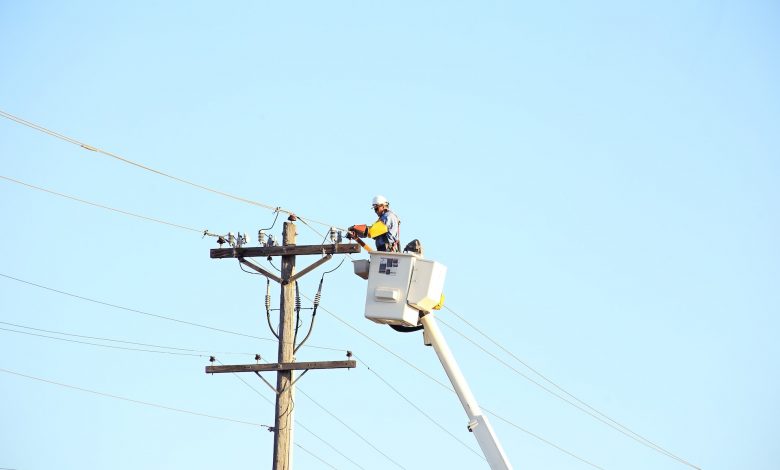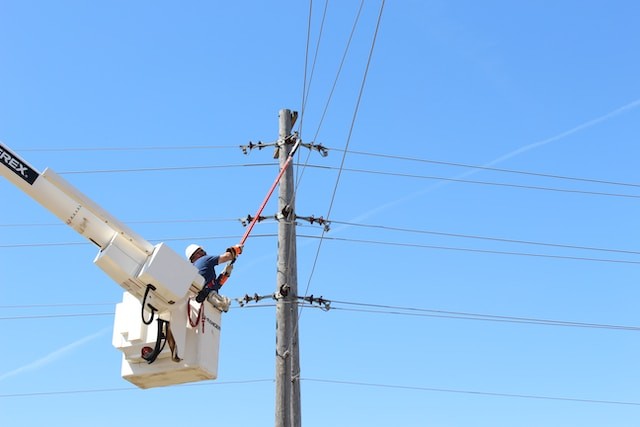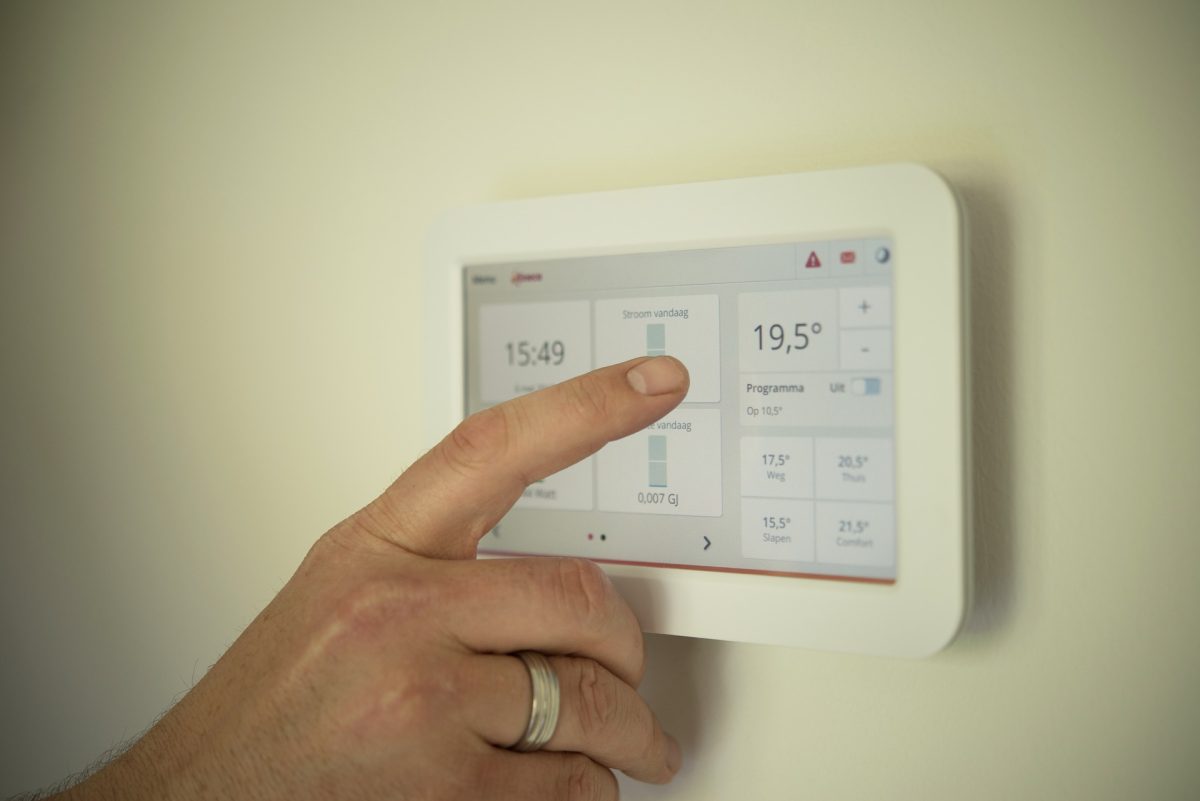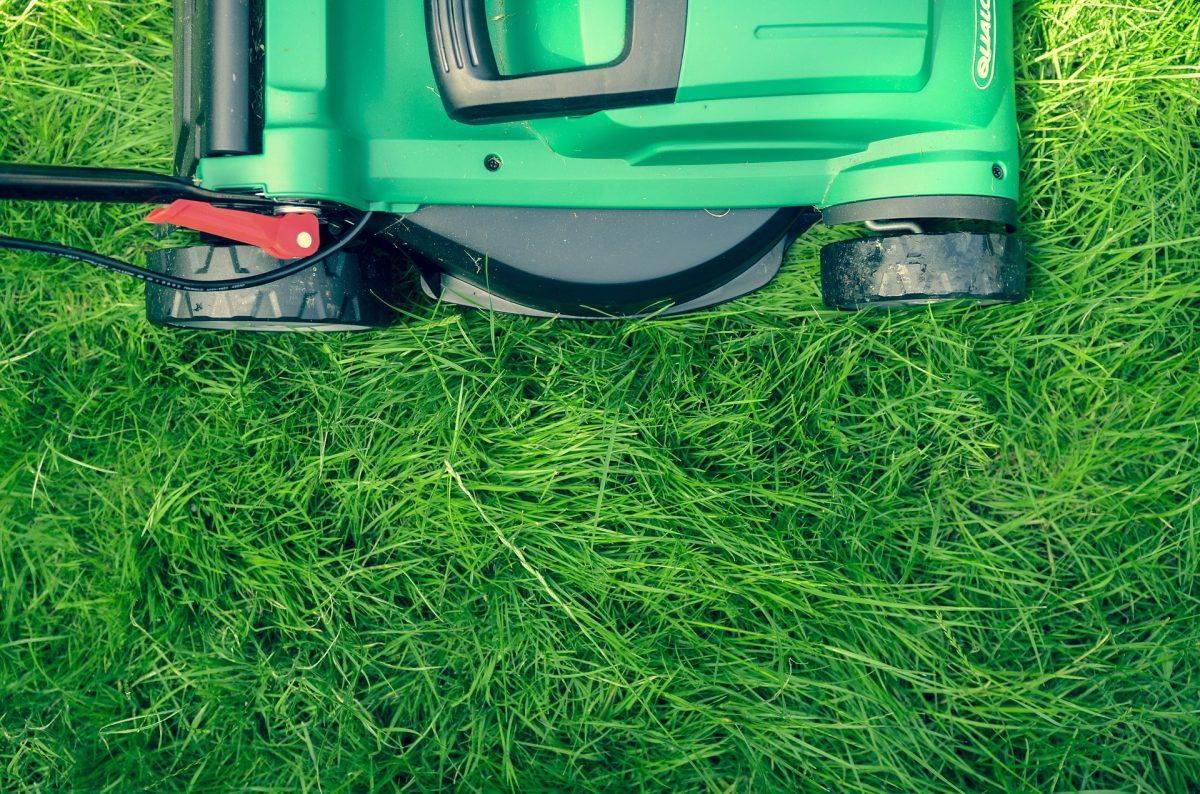Maintenance and Care Tips for Prolonging the Lifespan of Your Lineman Tools

Introduction
Lineman tools are built to survive challenging circumstances and extensive use, but they still need regular care and maintenance in order to function properly and ensure durability. You can extend the life of your lineman tools and save money by following a few simple procedures.
Importance of Regular Cleaning
Regular cleaning is essential for removing dirt, debris, and other impurities on your lineman tools. Wipe away any easy-to-see dirt with a gentle brush or cloth, paying special care to difficult-to-reach areas. For sticky deposits, use a mild detergent or a specialized tool cleaning. Before storing the tools, make sure they are fully dry.
Appropriate Storage
Proper storage is extremely important for protecting your lineman tools and ensuring their effectiveness. Make sure to keep your tools dry and clean, away from high temperatures and humidity. To keep things organized and safe from damage, consider using a toolbox or a specialized storage rack.
Proper Handling and Usage
Handle your lineman tools with care to avoid unnecessary wear and tear. Avoid putting on excessive force or using them for reasons for which they were not designed. To avoid tool damage or malfunction, follow the manufacturer’s instructions and guidelines for proper usage.

Routine Inspections and Maintenance
Regular inspections are crucial to detect early symptoms of wear or damage. Look for loose or damaged pieces in your lineman tools, such as loose handles, cracks, or bent components. Replace any damaged parts as soon as possible to avoid future damage or accidents.
Lubrication for Smooth Operation
Lubrication is of the utmost importance for the proper performance of your lineman tools, especially those that have moving components or hinges. To ensure optimal performance and prevent friction, use an appropriate lubricant according to the manufacturer’s guidelines.
Sharpening and Replacing Blades
Sharp blades are absolutely necessary for cutting efficiently and saving strain on your lineman tools. Inspect the blades on a regular basis and sharpen them as needed. If the blades become chipped or damaged beyond repair, replace them immediately to ensure the tool’s efficacy.
Electrical Safety Precautions
Always use proper precautionary measures when working with lineman tools near live power lines. Look for any exposed or damaged cables, insulation, or handles on your tools. To reduce the risk of electric shock, be sure your tools are rated for the voltage levels you’ll be working with and wear adequate personal protective equipment (PPE).
Protection against Environmental Factors
Exposure to dampness, harsh temperatures, or corrosive substances, for example, can dramatically reduce the lifespan of your tools. Maintain suitable safeguards to protect your tools from the elements, such as protective covers or rust-resistant coatings.
Training and Education
Through training and education programs, you can stay up to date on the newest industry practices and approaches. You may use your lineman tools more efficiently and effectively by improving your knowledge and skills, decreasing the risk of damage and increasing their lifespan.

Upgrading to Advanced Tools
Upgrade your lineman tools to higher-quality ones with better durability and functionality. Newer tools may include innovative features and materials that improve efficiency and durability. Keep up to date with the newest improvements in lineman tools and consider whether upgrading will benefit your profession.
Emergency Repair Kit
Make an emergency repair kit with materials such as extra parts, fasteners, and tools for on-site repairs. When unexpected faults or breakages occur, this kit can be a lifesaver, allowing you to swiftly handle the issue and reduce downtime.
Conclusion
Taking care of your lineman tools is critical to their usefulness and longevity. Regular cleaning, proper storage, proper handling and usage, routine inspections and maintenance, lubrication, blade sharpening and replacement, electrical safety precautions, environmental factor protection, training and education, upgrading to advanced tools, and having an emergency repair kit are all important aspects of maintaining your lineman tools. By following these guidelines, you may keep your instruments in good condition and execute your task efficiently and safely.
Incorporating these maintenance and care guidelines into your routine will help your lineman tools last longer and remain reliable and effective throughout your career. You are investing in your own success as a lineman by devoting time and effort to their repair and maintenance.




